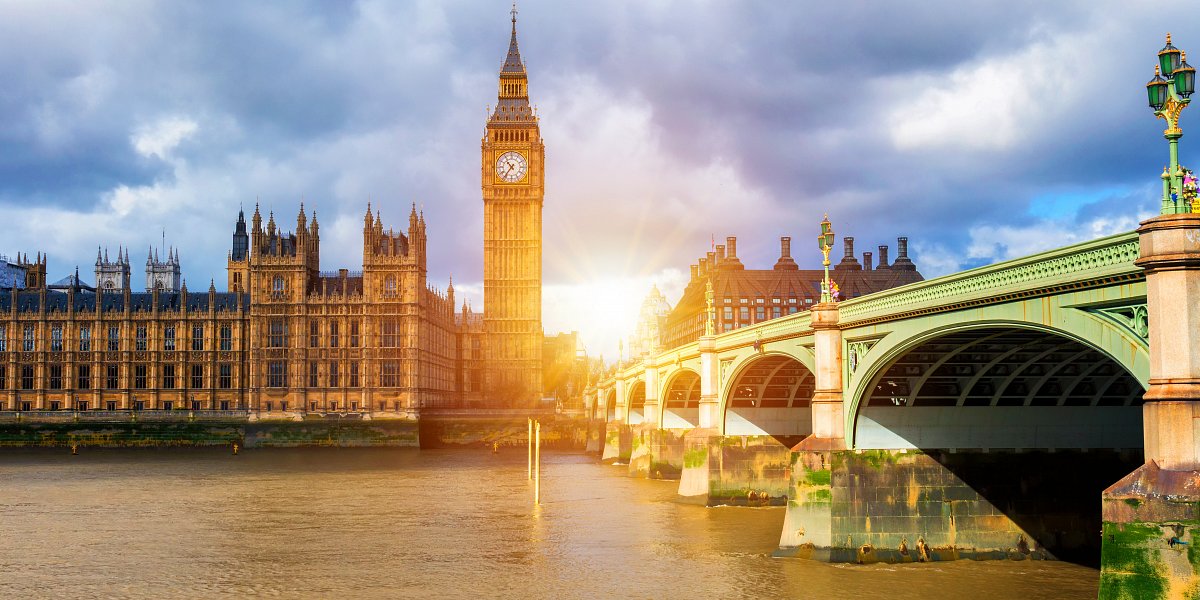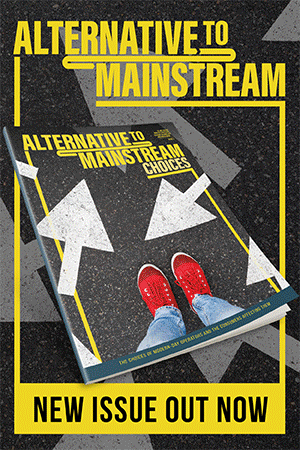Rent debt solution revealed by government
New laws and a Code of Practice are being introduced to resolve the remaining commercial rent debts.

New laws and a Code of Practice are being introduced to resolve the remaining commercial rent debts accrued because of the pandemic.
The Code sets out that, in the first instance, tenants unable to pay in full should negotiate with their landlord in the expectation that the landlord waives some or all rent arrears where they are able to do so.
Commercial tenants of pubs and bars are protected from eviction until 25 March 2022, following government action last year. This was to provide time for landlords and tenants to negotiate how to share the cost of commercial rent debts caused by Covid-19.
From 25 March 2022, new laws introduced in the Commercial Rent (Coronavirus) Bill will establish a legally-binding arbitration process for commercial landlords and tenants who have not already reached an agreement, following the principles in the Code of Practice. Subject to parliamentary passage, this will come into force next year.
The Bill will apply to commercial rent debts related to the mandated closure of certain businesses during the pandemic, including pubs and restaurants. Debts accrued at other times will not be in scope.
These laws will come into force in England and Wales, and Northern Ireland will have a power in the Bill to introduce similar legislation.
The result of the arbitration process will be a legally-binding agreement the landlord and tenant must adhere to, in a bit to resolve rent arrears disputes and help the market return to normal as quickly as possible.
From 10 November 2021, the government is also protecting commercial tenants from debt claims, including County Court Judgements, High Court Judgements and bankruptcy petitions, issued against them in relation to rent arrears accrued during the pandemic.
"We welcome the publication of the updated Code of Practice," says UK Hospitality CEO Kate Nicholls. "Vitally important is the emphasis on ongoing negotiation to share the burden of the impact of lockdowns and restrictions that prevented hospitality businesses from trading for so much of the last 18 months. It is in the long-term interests of landlords and tenants to come together and find solutions that ensure business survival and that do not undermine the economic recovery.
"We share government’s view that arbitration should be a last resort and this process must take into account the exceptional and existential level of pain that hospitality businesses have faced over the last 18 months. It must not impact this industry’s ability to rapidly recover and create jobs throughout the country."
















